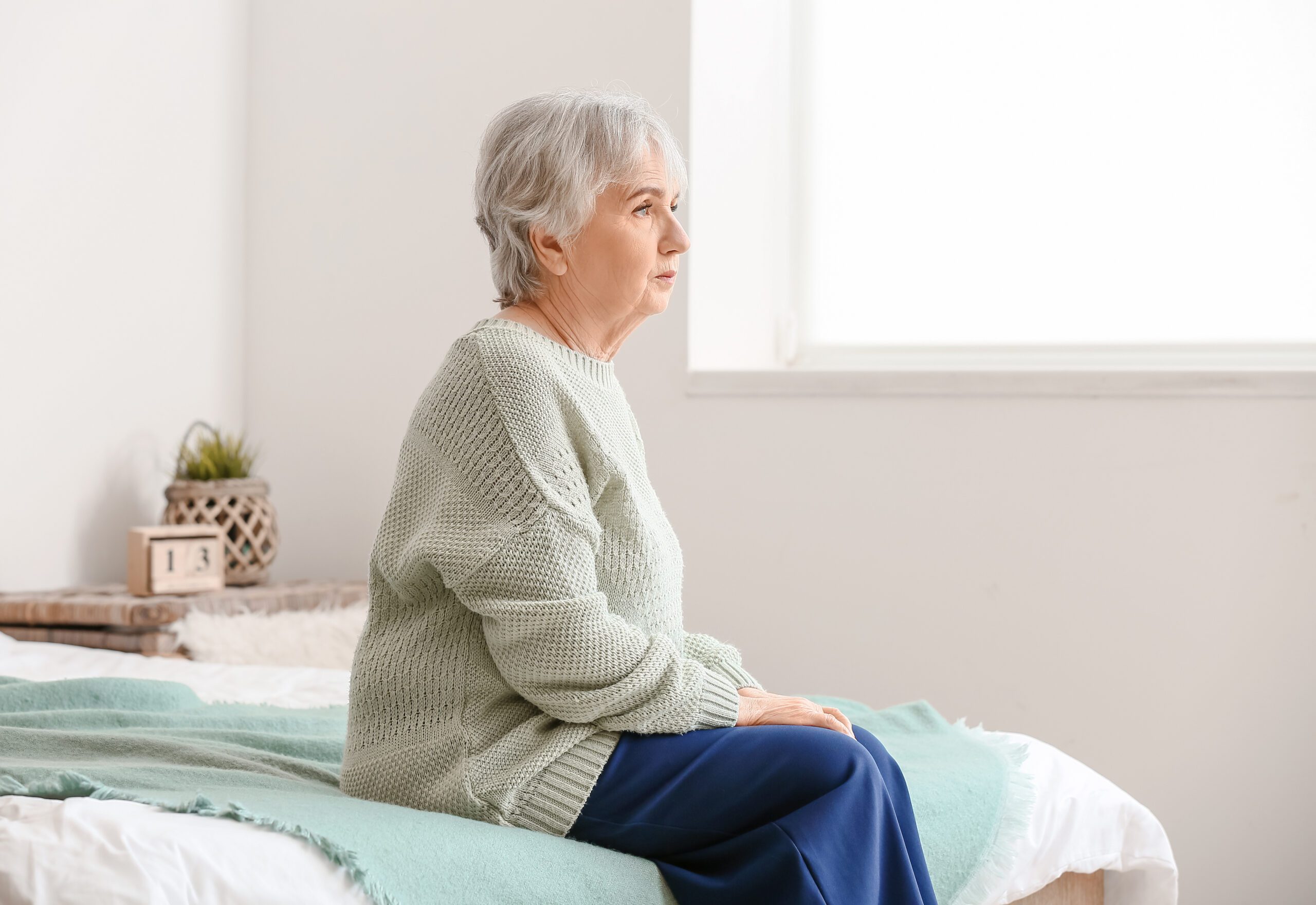As we wrote in March 2019, “it can be difficult to differentiate between the effects of mental illness and dementia in senior citizens. Misdiagnosis is common between the two conditions because of their similar signs and symptoms, such as confusion and mood swings.”
The Geriatric Depression Scale (GDS) was designed as a tool to avoid such misdiagnoses and screen specifically for depression in geriatric populations. “It taps the affective and behavioral symptoms of depression and excludes most symptoms that may be confused with somatic disease (e.g., slowness, insomnia, hyposexuality) or dementia,” wrote Budson and Solomon in Memory Loss, Alzheimer’s Disease, and Dementia.
The widely used Geriatric Depression Scale (GDS) originated in the 1980s as a 30-item self-report assessment used to identify depression in the elderly. It has since been shortened to an even more manageable catalog of 15 questions.
Among other things, the shorter GDS-15 asks patients whether they are “basically satisfied” with their life,” or feel that their “life is empty,” whether they “feel happy most of the time,” or feel that their “situation is hopeless.” Each answer scores either 1 or 0. A score of 0 to 5 is normal, a score higher than 5 suggests depression and a score of 10 or higher is almost always indicative of depression.
The test is easy to administer and score and it takes only a few minutes to finish. Research suggests that the GDS-15 may be a useful tool for identifying depression in the elderly. A diagnosis of clinical depression, however, should not be based on GDS results alone. The quick test should be used as a red-flag tool to indicate further testing if necessary.
Depression in the elderly is common but that doesn’t make it a “normal” part of aging. With tools such as the GDS, it can be successfully diagnosed and treated. Depression should not be ignored as it may cause secondary health problems. Depression in the elderly is associated with an increased risk of cardiac diseases and an increased risk of death from illness. Depression also reduces a senior’s ability to rehabilitate.
If recognized in time, depression in the elderly can be treated successfully, avoiding additional, potentially life-threatening complications. The Pavilion at Williamsburg Place offers a geriatric program specifically designed for adults aged 55 and over. The Mood Disorder Inpatient Unit offers patients individualized attention to achieve the best possible outcomes.
Patients are actively engaged in their treatment both in the facility and after discharge. Customized treatment plans are developed based on each patient’s unique needs. In addition to group therapy, we offer a number of treatment modalities, including cognitive behavioral therapy (CBT), dialectical behavior therapy (DBT), and recreational therapy.





